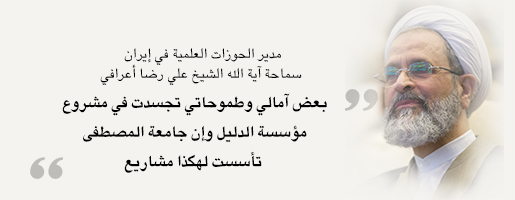
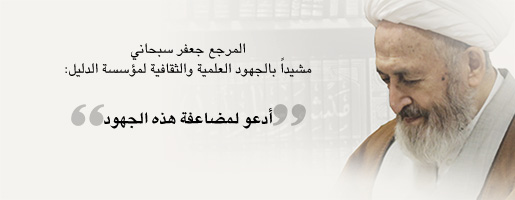
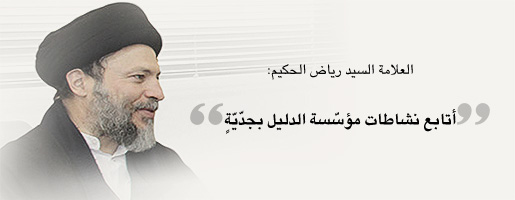
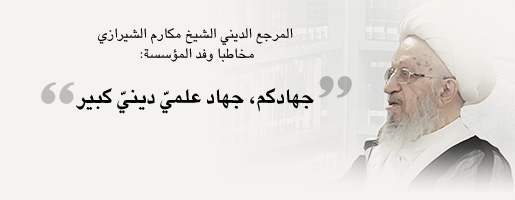
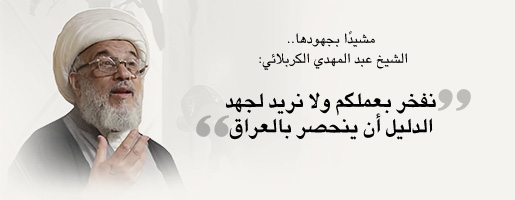
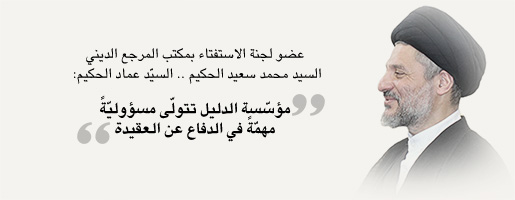
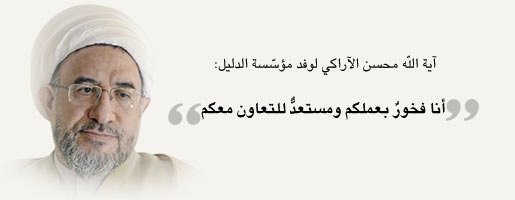
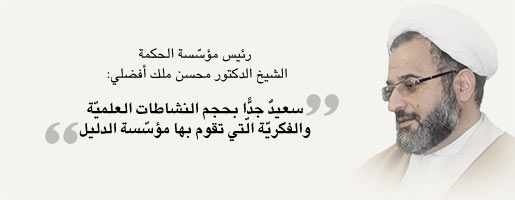
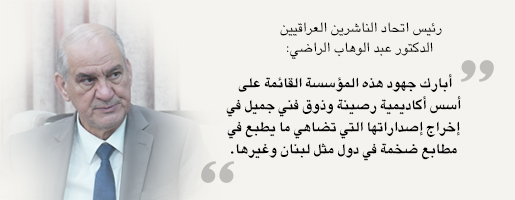
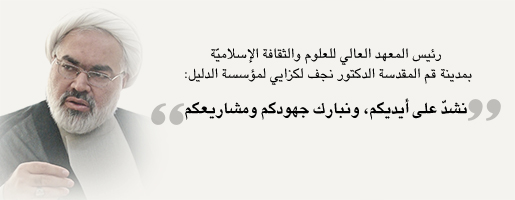
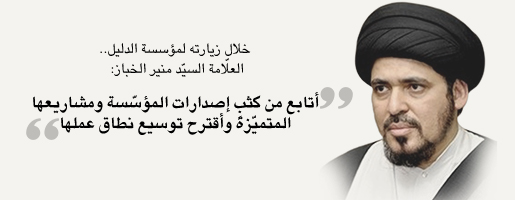
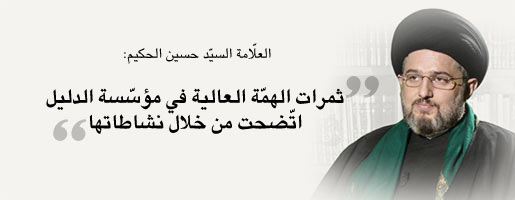
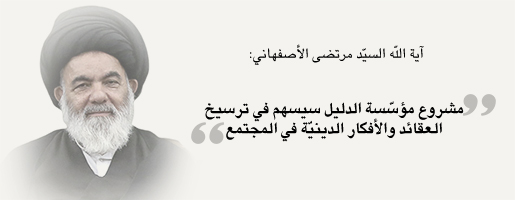
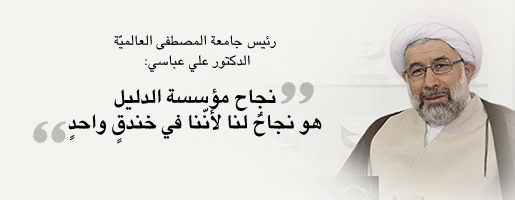
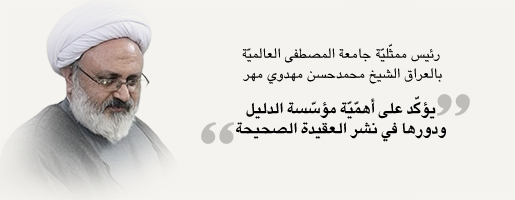
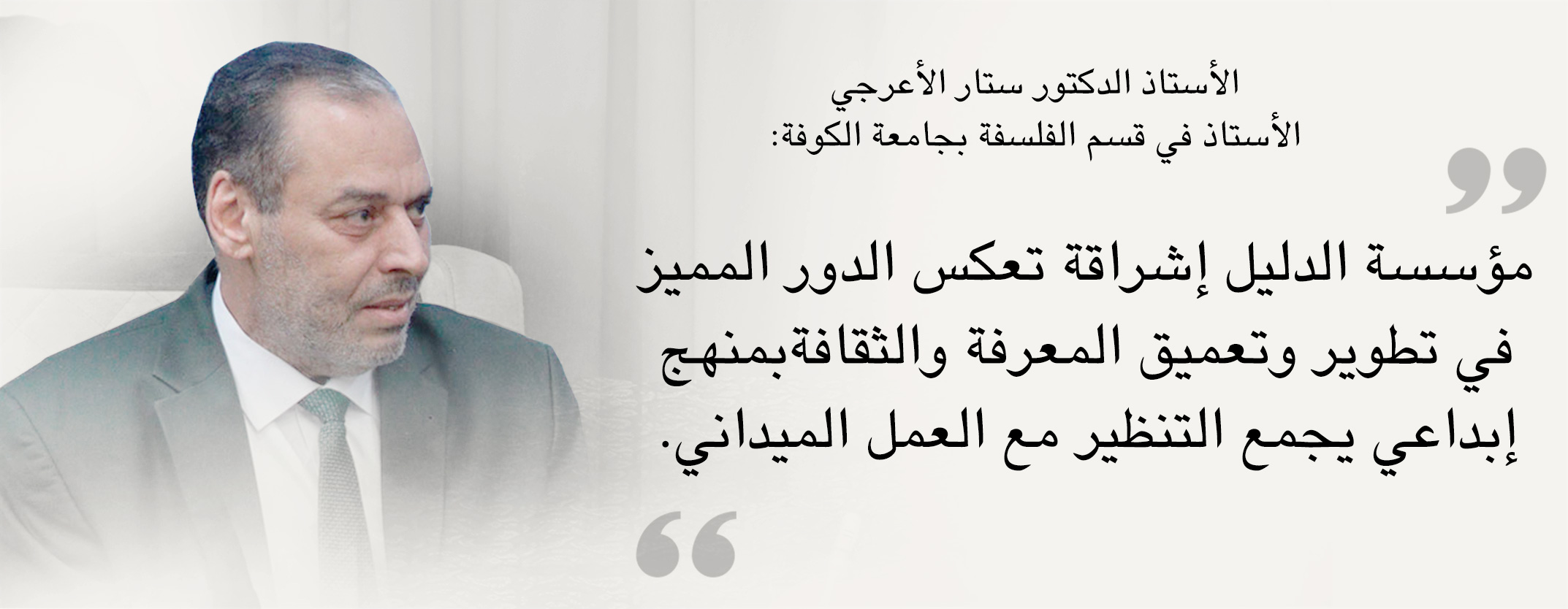
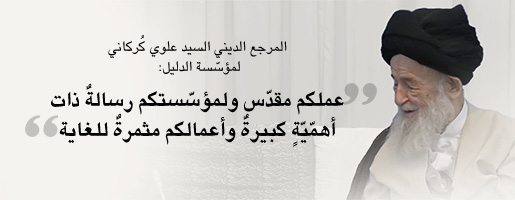
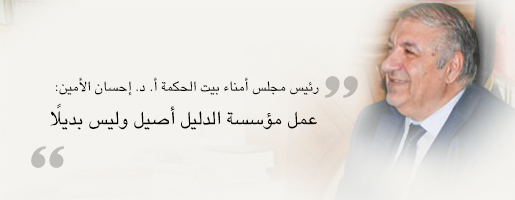
Nawfal Benzekri
Summary
In its capacity as the basis on which the entirety of man’s knowledge and actions are founded and as the means that defines man’s progress in this worldly life and destiny in the Other World, creed plays the most vital role in man’s life. In view of this fact, the investigations made for seeking the best ways that take to getting the creeds in their most accurate form have been characterized by utmost importance and sensitivity in the lives of human beings throughout their existence on this globe. Historically, some people sought to restrict these ways to the intellect, while others added the narrative heritage thereto.
As for intuitive knowledge, it has not been given much interest by theologians; and the reason might be traced back to a set of factors, like the ambiguity that usually covers up this kind of knowledge, the mixture between this kind of knowledge and illusions, which has been the reason for eliminating it from the circle of creeds that require very much clarity and certainty.
Consequently, as the writer of this essay deems, it has been necessary to probe the reality of intuitiveness and its relationship with the creedal issues; and to prove through perusal whether intuitiveness can or cannot serve as valid argument and then to prove scope of its serving as valid argument.
In order to unmask the truth about this issue, the writer has adopted the descriptive-analytic approach, through which he concluded the following point:
The Gnostic, intuitive knowledge essentially does not differ from the other kinds of knowledge that man can get through other ways, except in rank and means. This kind of knowledge being a valid argument is spontaneous, in the sense that it does not need other matters than itself. Also, it is not a special kind of knowledge, which entails that all people can get it and it can be easily transformed to the others, especially when it is subjected to a certain set of criteria.
As a final point, the writer proves manifestly that the intuitive knowledge’s acting as valid argument in creedal issues are the twin of the rational and narrative knowledges, since there is not any sort of contradiction between the two.
